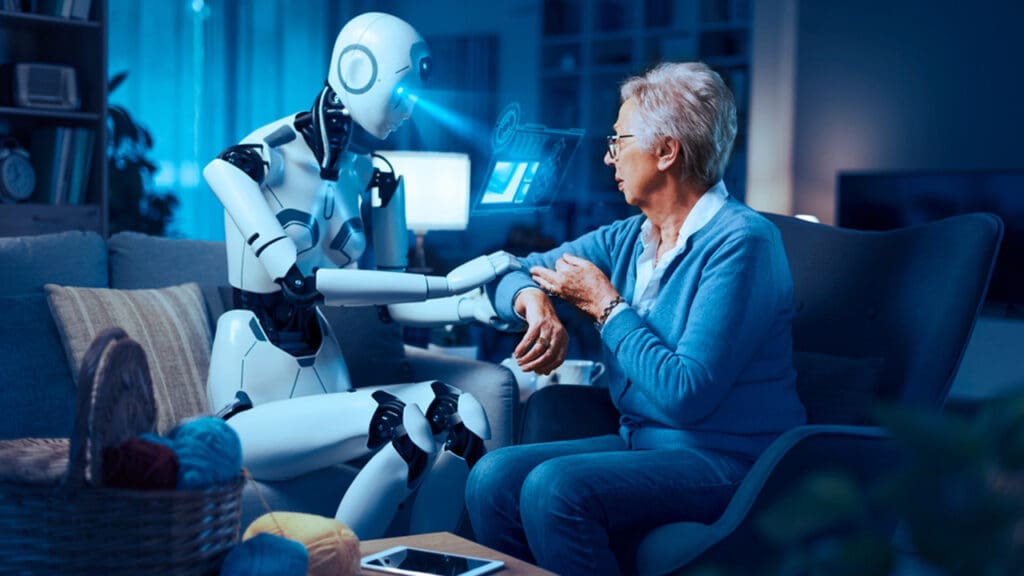Dean Kamen, inventor of the Segway and founder of DEKA Research & Development Corporation and FIRST® (For Inspiration and Recognition of Science and Technology), and Nobumichi Tosa, president and co-founder of Japanese sensation Maywa Denki, will be appearing at South by Southwest (SXSW) in Austin, Texas on 12 March. The IEEE Standards Association (IEEE SA) is sponsoring the three events at which Kamen and Tosa is participating, including solo presentations, performances and an open reception for all attendees.
Dean Kamen’s FIRST program globally engages children from K-12 in immersive programs that teach the principles of math, science and physics through robotics competitions. In like manner, Nobumichi Tosa has been instrumental in establishing workshops in Japan that teach children how to build robots out of everyday dime-store items.
IEEE welcomes SXSW attendees to attend and engage in scheduled events on Monday, 12 March, including:
- DEAN KAMEN: “Invention & Inspiration: Building a Better World”
Convention Center, Exhibit Hall 5 – Solo Presentation
12 March – 11:00am-12:00pm - IEEE/FIRST ROBOTICS: A Reception with Dean Kamen and Maywa Denki
Convention Center, Exhibit Hall 3-4 Meet Up Pavilion – open “Beer & Bots” reception for attendees
12 March – 3:00-4:00pm - MAYWA DENKI LIVE: A Product Demonstration of Nonsense Instruments
Convention Center, Exhibit Hall 3-4 Next Stage
12 March – 5:00-6:00pm
IEEE fosters innovation in a wide variety of industries including wireless communications, robotics, security, smart grid and green tech, to name a few. IEEE standards contribute across a range of areas such as enhancing health, connecting communities across the globe, reducing environmental impact, and keeping people safe.
- Wireless: IEEE 802® standards have reshaped personal and organizational computing as well as mobile communication, by paving the way for revolutionary new capabilities, features and devices that were unimaginable 10 years ago.
- Robotics: With robotics becoming more important with so many applications from domestic chores, to military applications, to helping the aging, to medical applications, IEEE has engaged technologists to create new standards to make future developments of this technology easier. One project is creating a standard way for mapping environments within which robots move. Another project focuses on the development of a common robotics language that will be usable across different robotic applications.
- Security: IEEE, through its Industry Connections Security Group (ICSG), has a computer security initiative underway that enables the identification of specific users of binary “packer” software, frequently used for compressing malware for hard-to-detect distribution, and for blacklisting misused license keys. The IEEE Software Taggant System is designed to expose creators of malware (malicious software such as viruses, worms and spyware) and improve computer security.
- Mobile Video: With mobile video poised to grow over 100 per cent within three years, it has the potential to transform and enable a whole new generation of applications and business models. In anticipation of such growth, IEEE SA is addressing wide-ranging challenges in the areas of improving video quality, user experience and cost-of-delivery.
- Smart Grid and Electric Vehicles: IEEE is taking a leading role in developing the “Smart Grid,” a digitally enabled power infrastructure. The IEEE 1901™ standard has already helped enable broadband services to be delivered via power lines and utilities to monitor energy usage remotely. IEEE 1547™ helps enable homeowners to integrate their excess solar or wind energy back to the grid. With IEEE P2030.1™, IEEE is responding to the gathering global shift to electric vehicles (EVs) for personal and mass transit by focusing on the infrastructure needed to support EVs—vehicle technology, electric grid (from generation to consumer), roadmap (including privacy and roaming), communication/cyber security, battery technology (including swapping and end-of-life cycle) and chargers/charging equipment, stations.
- Green Tech: Initially focused on computer related equipment, the IEEE 1680™ series has expanded to include imaging devices, television, servers and mobile devices.
Related Links









